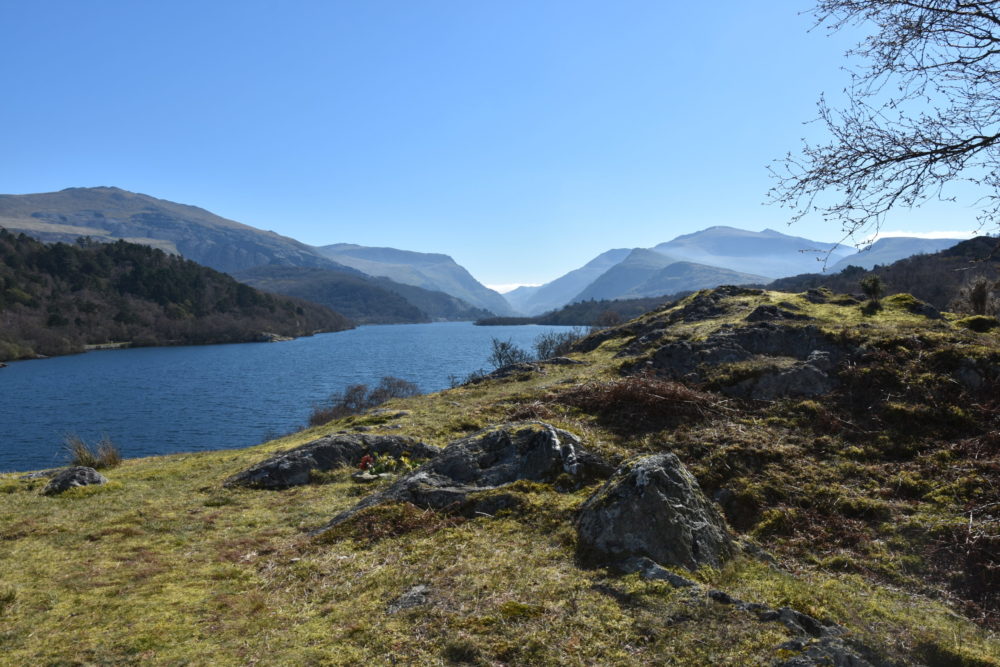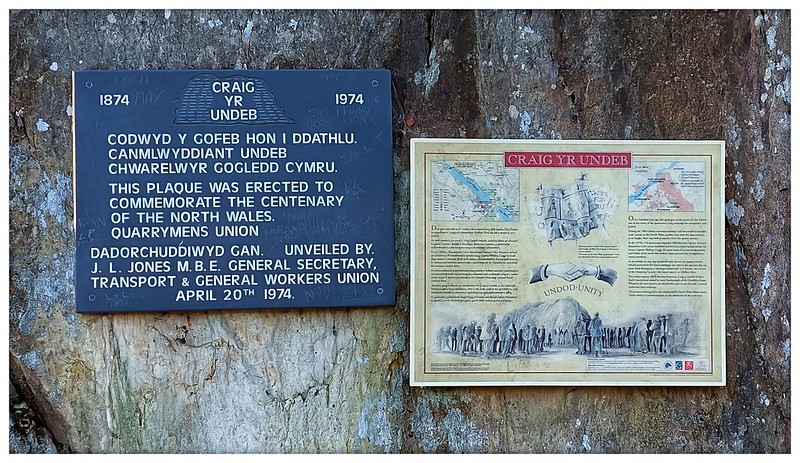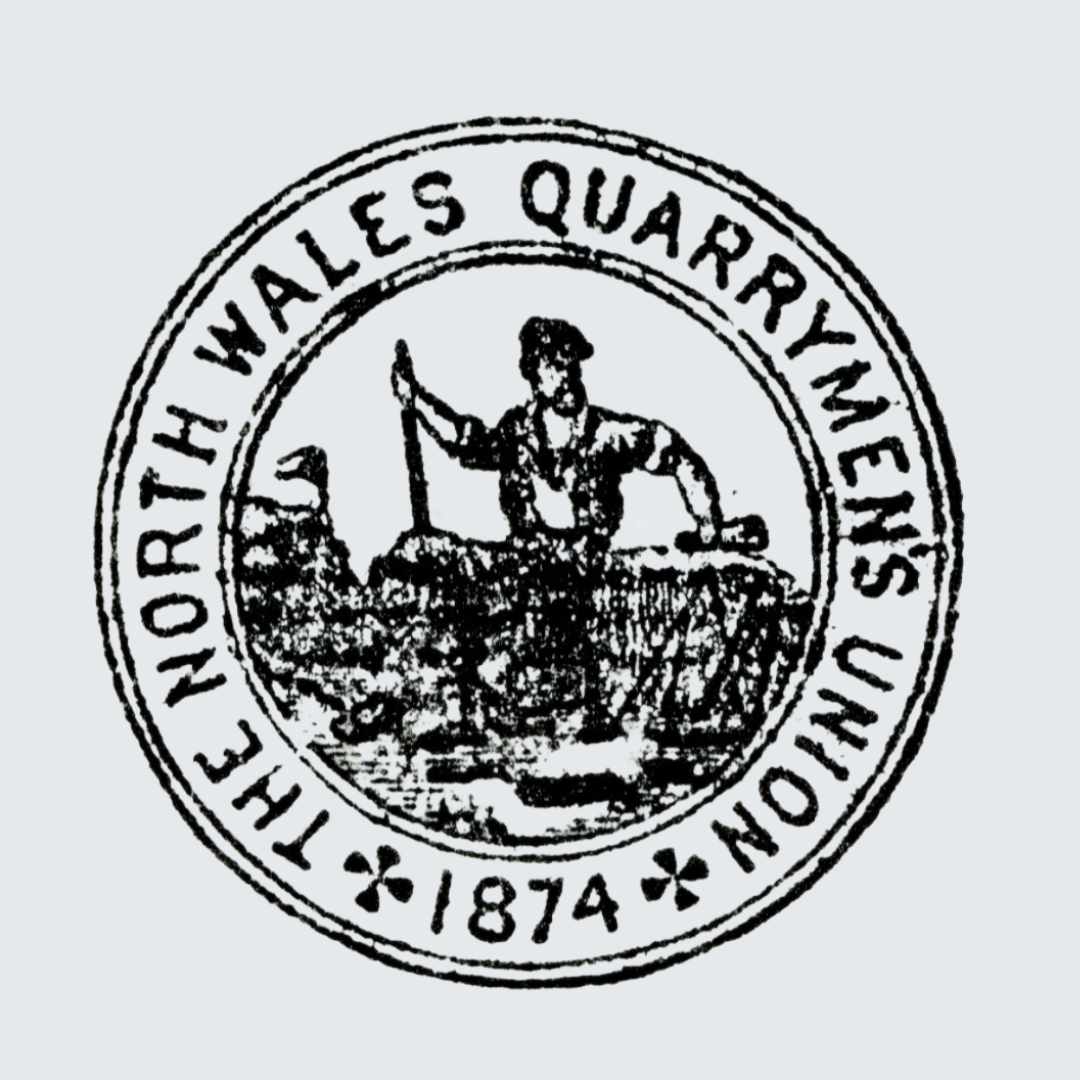World Heritage Site celebrates key event in Wales’ social history

A series of special events will be held at a World Heritage Site on Saturday to mark the birth of a trade union that played a key role in the history of Wales.
The events at Llanberis, Gwynedd, will mark the founding of the North Wales Quarrymen’s Union 150 years ago on 27 April 1874.
As well as being a significant development in the social and industrial history of Wales the Quarrymen’s Union was also seen as having contributed to the growth of a Welsh national consciousness.
Pride
The union and its activity was described as “one of the greatest social achievements in which any patriotic Welsh people could take pride” by Saunders Lewis, one of Wales’ greatest academic and literary figures and the co-founder of Plaid Cymru.
Writing in 1932, he said that the Quarrymen’s Union represented one of Wales’s most important national acts of the 19th century.
Events at the weekend will start at the National Slate Museum Llanberis, with a lecture ‘Undeb y Chwarelwyr: 1874-2024’ (delivered in Welsh with translation available) by Professor R Merfyn Jones, the historian and scholar who is recognised as the greatest authority on the industry’s history.
There will also be an opportunity to view the Union’s original documents that are usually held at the County Archives in Caernarfon.

After the lecture, there will be a two-mile walk along the shores of Llyn Padarn to Craig yr Undeb – an iconic rocky outcrop that is of special significance in the history of local quarrymen.
In the union’s heyday the union’s members used to meet here, in the shadow of the Dinorwic Quarry that employed over 3,000 workers on Elidir Faw.
These meetings were banned from land owned by the quarry’s owners, the Vaynol Estate, but as Craig yr Undeb was on land owned by the Glynllifon Estate that were competitors with Vaynol, there was no such objection.
There are reports of up to 6,000 quarrymen attending a meeting here in February 1886, during a strike by Dinorwic quarrymen.
The walk, along the level pathway of Lôn Las Peris, will start at 3pm from the Museum. Referencing tradition, a special banner celebrating the Union’s history will be carried during the walk.
The banner has been created by students and school pupils from the area and participants in community workshops in Llanberis and Bethesda.
Strife
The North Wales Quarrymen’s Union was founded in 1874 during a period of industrial strife and frequent conflicts between the workers and their masters.
The union fought many battles to protect its members, the most famous being the Great Strike of the Penrhyn Quarry at the turn of the 20th century, when the men were out for three years, before having to eventually surrender in November 1903.
The North Wales Quarrymen’s Union amalgamated with the Transport and General Workers Union (TGWU) in 1922, retaining its own identity and control over internal matters until 1960.

According to the author of a popular book on the history of the quarries published in 1963, Canrif y Chwarelwr (The Quarryman’s Century) by Emyr Jones, the history of the Union is a sad one in many respects, as the quarry owners always had the upper hand.
“The Union could not afford to call the men out on an official strike, and the men, themselves could not afford to lose the wages despite how small they were. However, who knows what would have been without the Union; it provided good support for the men, and ‘Craig yr Undeb’ will be forever a monument to the noble fathers who went there on foot to fight for their rights, and to seek a better world for their sons.”
Awakening
For Saunders Lewis, other aspects of the Union’s work were of equal significance: “Not only did this union improve the circumstances of quarrymen, as it was a school in social science and a major chapter in the awakening of the Welsh working class. It is not an exaggeration to say that the Quarrymen’s Union was a key step on the way to the formation of Plaid Cymru.”
A plaque on Craig yr Undeb marks the visit of TGWU General Secretary Jack Jones to the centenary celebrations of the Quarrymen’s Union in 1974. Among others who took part in those celebrations attended by hundreds of former quarrymen was Dafydd Wigley, who was then the newly-elected MP for Caernarfon. Half a century later, the former Plaid Cymru leader believes that the Union’s legacy remains relevant and important to us today:
“The Quarrymen’s Union was central to raising the quarrymen’s awareness of the power they had as a workforce and of the practical steps needed to defend their safety, work conditions and their wages,” he said.
“Among these battles was the establishment of industrial hospitals in quarries.
“By the 1970s the industry had diminished and the old Union part of the TGWU; and it was a privilege for us as MPs to work with them to get compensation for sufferers of lung diseases caused by dust, and eventually succeeding in 1979 to get the Pneumoconiosis Act to the statute book.
“The Quarrymens’ Union was the vehicle to raise awareness among the quarrymen and the wider society of the need for people to stand together to achieve social justice.”
The events on Saturday are free, but a place must be booked for the lecture beforehand by calling (01286) 679095 or emailing [email protected].
The lecture will be delivered in Welsh and translation provision will be available.
Support our Nation today
For the price of a cup of coffee a month you can help us create an independent, not-for-profit, national news service for the people of Wales, by the people of Wales.






